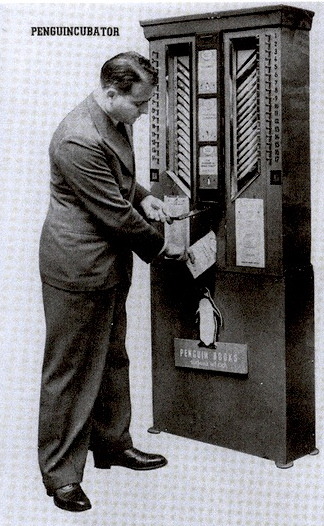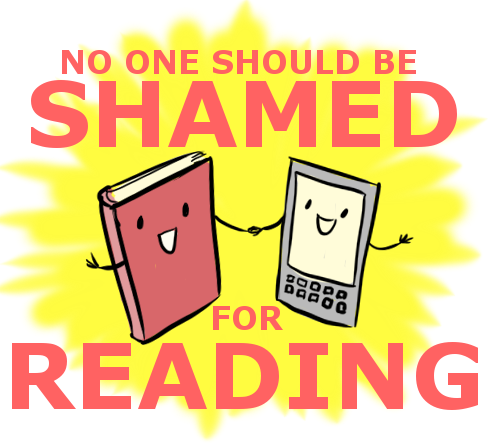- Messages
- 10,181
- Location
- Pasadena, CA
Well, IMHO, that's why magazines thus far have been a bit of a bust. They either try too hard to add all the new tech to the point of having little actual writing, or they just copy it over from the print version with nothing. It happens when technology is new. It takes a while to settle.
As for the coupon thing - that's technically very easy to do. Anyone fighting it on that point would be in a losing battle. Apple have done an incredible job of offering plentiful, affordable and difficult to distribute content for the music and film industries (as well as e-books, or iBooks) It can be done, and I hope it is. I don't even mind paying a tiny fee for both - that goes for books, music, movies or whatever...
As for the coupon thing - that's technically very easy to do. Anyone fighting it on that point would be in a losing battle. Apple have done an incredible job of offering plentiful, affordable and difficult to distribute content for the music and film industries (as well as e-books, or iBooks) It can be done, and I hope it is. I don't even mind paying a tiny fee for both - that goes for books, music, movies or whatever...




